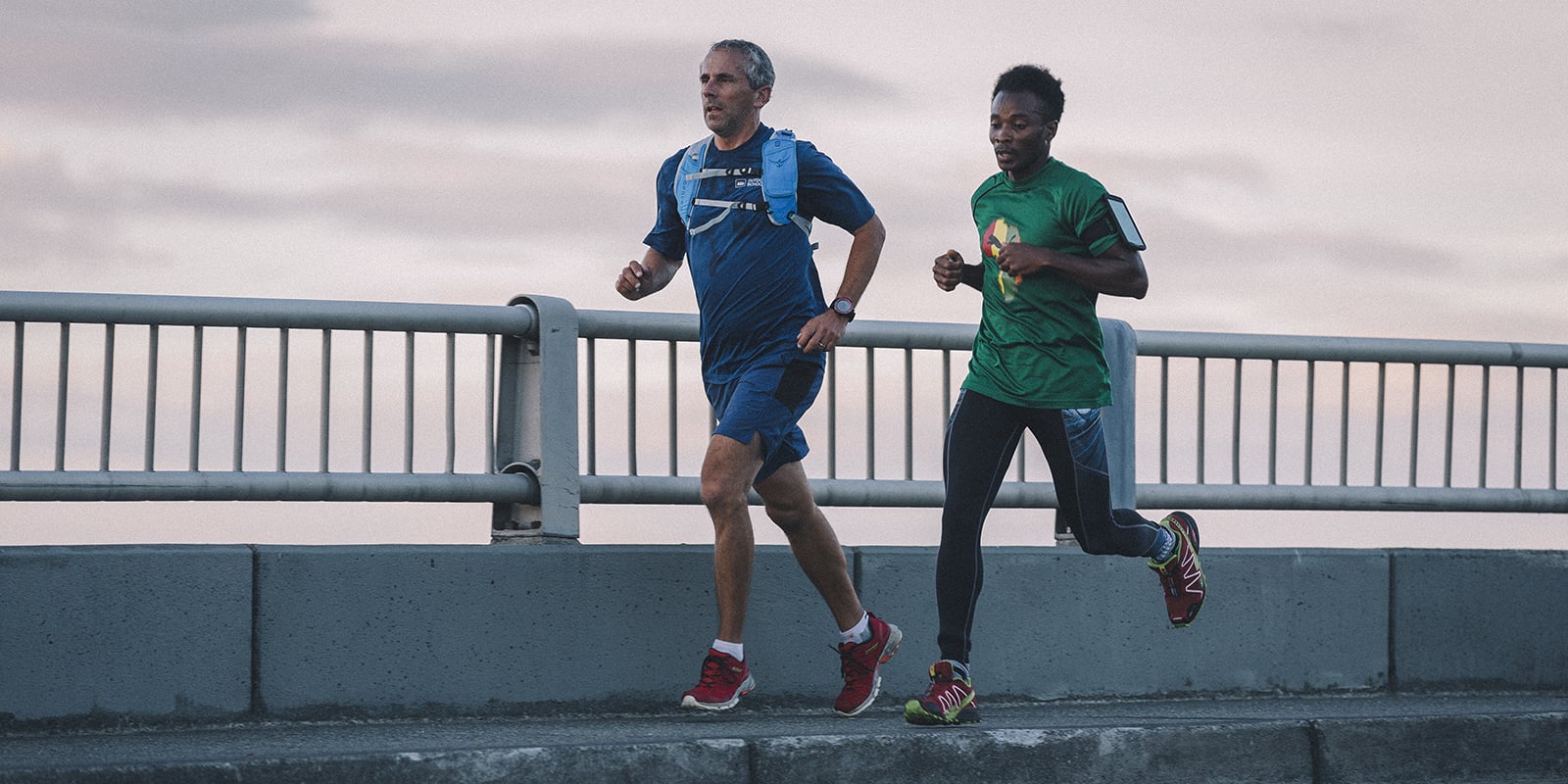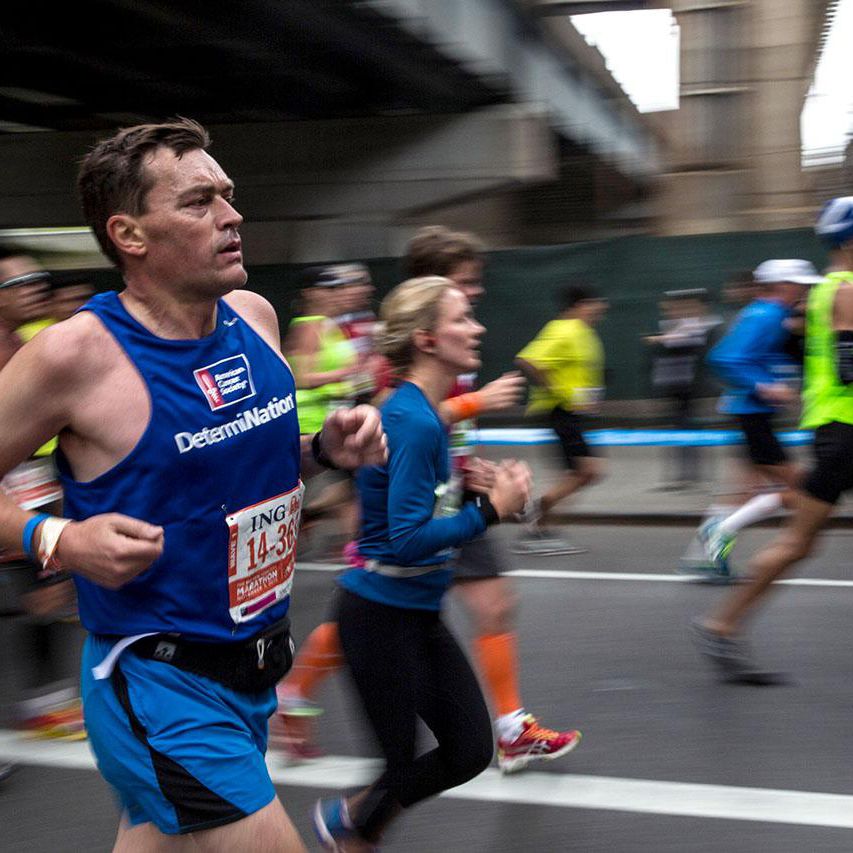How to properly prepare for a marathon
Preparation of athletes for marathon distances should take place under the guidance of coaches, whose task will be to coordinate tasks to show more successful results. So, to complete a marathon distance, you need:
- train, and gradually increase the distance during long-distance running. You also need to learn to run uphill. It is believed that to successfully overcome a marathon in training, you need to run once from 20 to 30 kilometers. After that, longer distances will be much easier to run.
- the next stage will be to overcome the daily 12 kilometers. According to experts, following this type of training for three months will mean the end of preparation for the marathon competition.
Although the distribution of loads should take into account the individual characteristics of each athlete, and even his own desire to improve his abilities. However, it is equally important for everyone to adhere to the system of training, harden their body and mentally prepare for the competition.

Marathons are a rarity among a large number of sports competitions. Both professional and experienced athletes, as well as amateur athletes, participate in them. How did the marathon distance appear and can it be overcome in several days in a row?
What is the history of the marathon over 42 kilometers long, and what are the current ones for women and men? Who is among the ten fastest marathoners and what are the interesting facts about the 42-kilometer marathon? Also, read this article for tips on preparing for and overcoming a marathon.
The history of the 42-kilometer marathon
The marathon is an Olympic track and field event, the length of the marathon is 42 kilometers, 195 meters (or 26 miles, 395 yards). At the Olympic Games, men have been competing in this discipline since 1896, and women since 1984.
As a rule, marathons are held on the highway, although in some places this word refers to long-distance running competitions over rough terrain, as well as in extreme conditions (sometimes the distances can be different). Another popular running distance is the half marathon.
Antiquity times
As the story goes, Pheidippides – a warrior from Greece – in 490 BC, after the end of the Battle of Marathon, ran non-stop to Athens to inform his fellow tribesmen of the victory.
When he reached Athens, he fell dead, but still managed to shout: “Rejoice, Athenians, we have won!”. This legend was first described by Plutarch in his work “The Glory of Athens”, more than half a millennium after the real events.
According to another version (provided by Herodotus), Pheidippides was a messenger. He was sent by the Athenians to the Spartans for reinforcements, ran more than 230 kilometers in two days. However, his marathon was unsuccessful.
Our time
Frenchman Michel Breal came up with the idea of organizing a marathon race. He dreamed that this distance was included in the program of the Olympic Games in 1896 in Athens – the first in modern times. The Frenchman’s idea was liked by Pierre de Coubertin, who was the founder of the modern Olympic Games.
As a result, the first qualifying marathon was held in Greece, the winner was Harilaos Vasilakos, who ran the distance in three hours and eighteen minutes. And the Greek Spiridon Louis became the Olympic champion, overcoming the marathon distance in two hours, fifty-eight minutes and fifty seconds. Interestingly, on the way he stopped to drink a glass of wine with his uncle.
Women’s participation in the marathon during the Olympic Games took place for the first time at the games in Los Angeles (USA) in 1984.
Marathon distance
At the first Olympic Games in 1896, the length of the marathon was forty kilometers (24.85 miles). Then it changed, and from 1924 it became 42.195 kilometers (26.22 miles) – this was established by the International Amateur Athletics Federation (modern IAAF).
Olympic discipline
The men’s marathon has become the final program of athletics since the first modern Olympic Games. Marathon runners finished at the main Olympic stadium either a few hours before the closing of the games or at the same time.

Current world records
In men
The world record in men’s marathon distance is held by the Kenyan athlete Dennis Kimetto.
He ran a distance of 42 kilometers and 195 meters in two hours, two minutes and fifty seconds. It was in 2014.
In women
The women’s world title belongs to British track and field athlete Paula Radcliffe. In 2003, she ran a marathon in two hours, fifteen minutes and twenty-five seconds.
In 2012, a runner from Kenya, Mary Keitani, tried to break this record, but she did not succeed. She ran the marathon more than three minutes slower than Paul Radcliffe.
